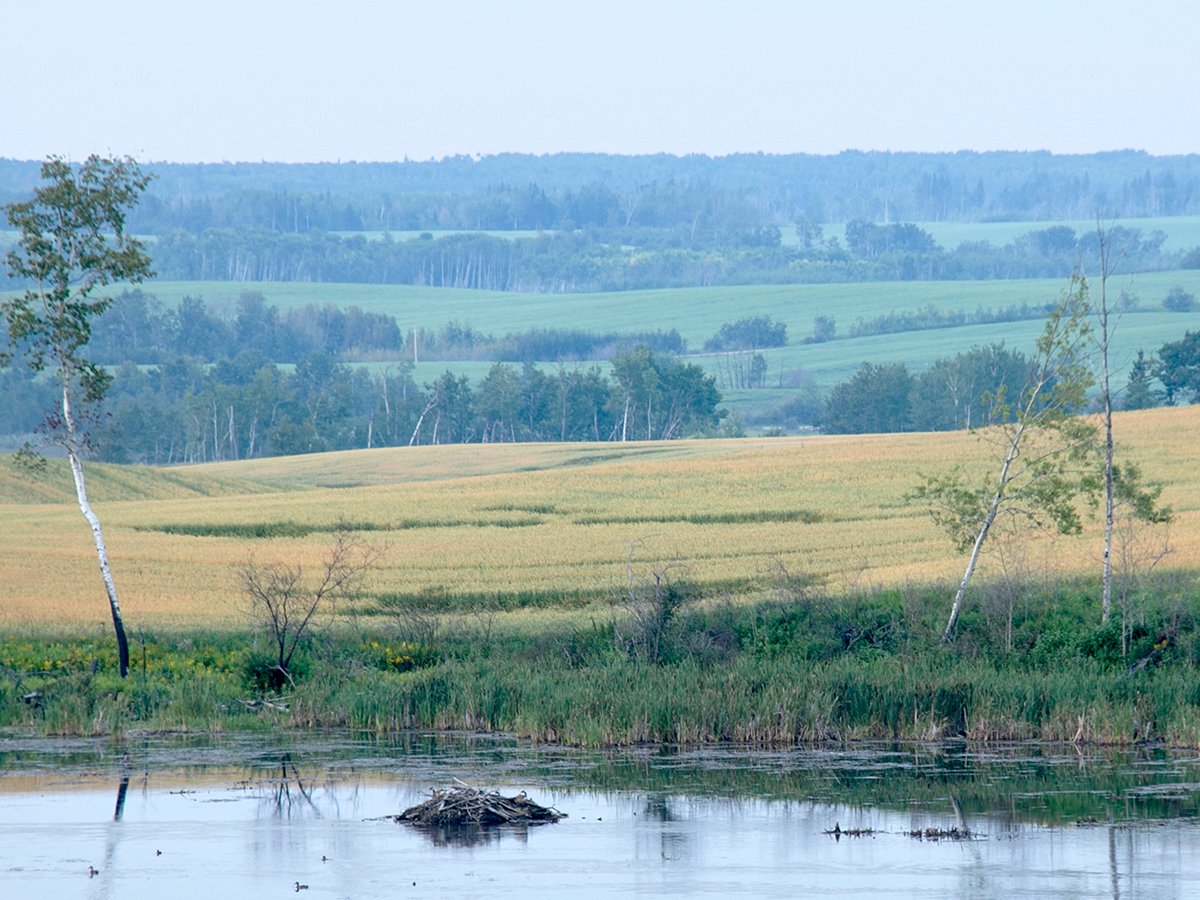KILLAM, Alta. – Visitors don’t follow road signs to Don and Marie Ruzicka’s farm near Killam; they follow the birdhouses.
There is a distinct shift in landscape as one approaches the couple’s farm. In place of stubble fields and fence posts are shelterbelts and birdhouses.
More than 200 birdhouses parallel the 34 kilometres of pin cherry, choke cherry, sea buckthorn, poplar, spruce, maple and ash trees.
Tucked in other corners of the 800 acre farm are 51 acres of fenced grass and treed areas set aside for wildlife and nesting habitat. Last year the family planted 5,000 trees to help attract even more wildlife to the farm.
Read Also

Intergenerational rollover rules can help succession plans
One of the most significant concerns in succession planning for farmers is the tax bill that can come with passing the farm to the next generation.
Hundreds of bluebirds, swallows, wrens and meadowlarks have returned to the land since the Ruzickas switched from grain farming to a grass-based farm.
“It’s noisy, but a good noisy,” said Don Ruzicka.
During a recent bird count a Sprague’s pipet was spotted for the first time and the Ruzickas think they once saw a rare Tennessee warbler.
“We do believe we are making a difference on the land,” Ruzicka said.
The emphasis on attracting birds and wildlife is part of the couple’s goal to make their farm not just organic but sustainable for farming and nature.
“We went from conquering nature to co-operating with nature,” he said.
Customers come to the farm to buy organically raised hogs, turkeys, chickens and eggs but leave with a greater understanding of the effort made to farm in harmony with nature.
“The customers start to value stewardship,” said Ruzicka, who often gives customers a three-hour tour and mini course on holistic farming along with their eggs.
“I feel very strongly we should be caring for the environment. I wish more people had passion for the land.”
Ruzicka is a third generation farmer who returned to the family farm in 1983 full of positive memories of growing up on the farm during the 1950s and 1960s.
But in 1995 with a massive debt, the end of the Crow Benefit transportation subsidy and perpetual stress, the
Ruzickas were forced to decide if they were going to leave the farm completely or jump off the traditional farming treadmill and change the way they farmed.
The following year they took a holistic management course that forced them to look at not only their financial balance sheet but also the balance sheet of their land and their life.
The course was an epiphany for the Ruzickas. They realized high debt and high stress aren’t synonymous with farming.
They fenced off the creeks and riparian areas, seeded the land to grass, fenced the farm into small paddocks for intensive grazing, installed a watering system and went to work.
“The learning curve was so steep I was looking for a parachute,” Ruzicka said.
Depending on the year they can custom graze between 200 and 300 yearlings.
They also have 25 cow-calf pairs and hogs, turkeys, broilers and laying hens raised on the pasture. Each year the numbers increase to keep up with customer demand.
With customers’ increasing interest in stewardship, the Ruzickas have considered hosting farm vacations or other forms of agricultural tourism on the central Alberta farm. They have built a log cabin and believe there is a growing demand for a place where stressed out city dwellers can learn about farming, stewardship and their relationship to food.
Marie said she is flexible to opening their farm home and inviting visitors to their table if that’s the next step in the farm’s transition.
“It’s his baby. I support him 100 percent and I help whenever I can. I just don’t like to be in the spotlight,” said Marie, a retired school teacher and now a home school facilitator working from their farm office.
“I don’t philosophize about this,” she said.
“I just do what needs to be done. I’m very practical.”














